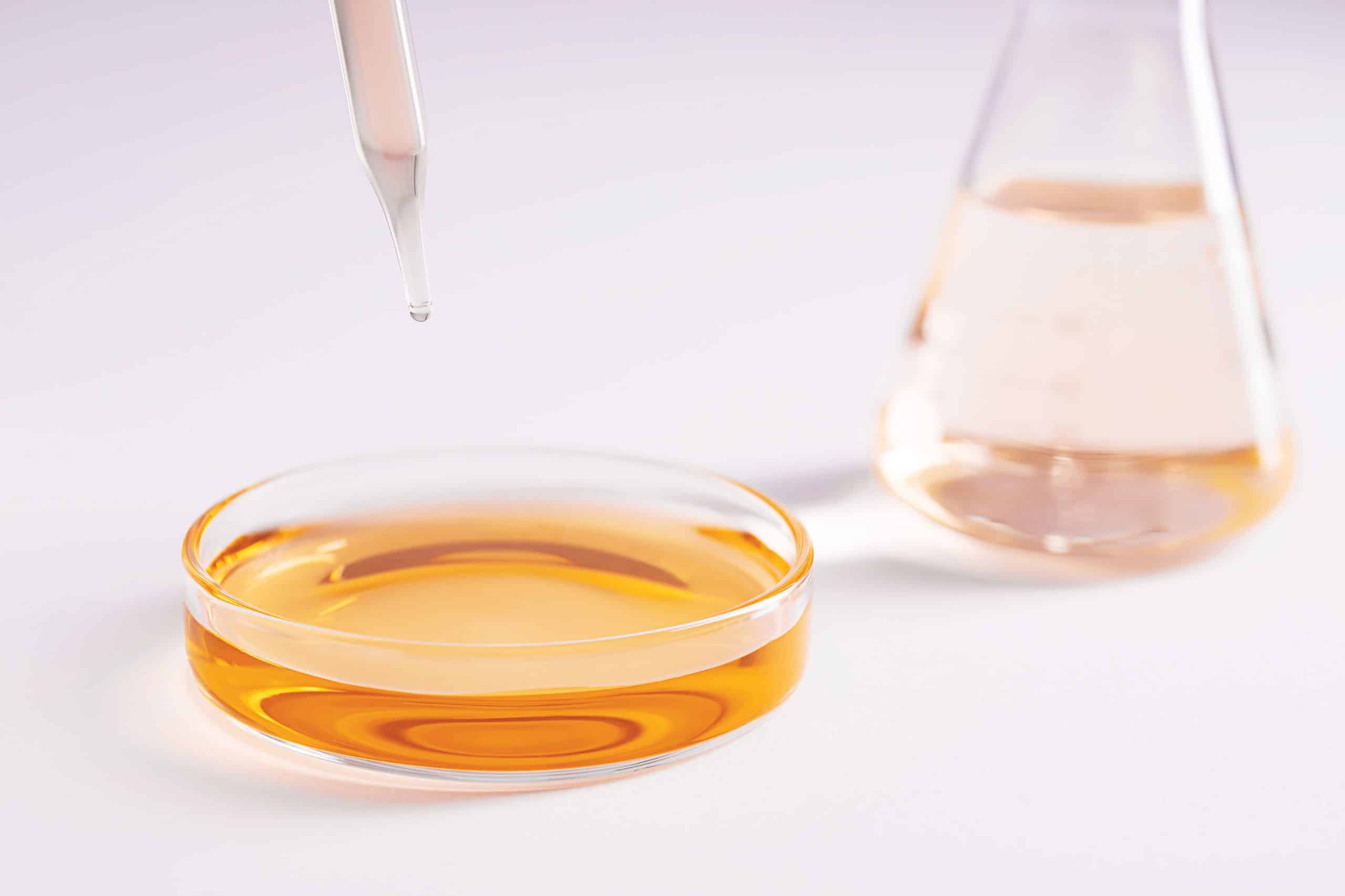8/14/12 I made a presentation at 20th Century Orthopedic meeting at Bretton Woods, NH this past Thursday. In preparation a number of references in the literature continue to support the concept especially in degenerative arthritis.
Dean Reeves publications are the ones that prompted my personal visit with him and our continued relationship in research.
Reeves KD, Hassanein K: Randomized prospective double blind placebo controlled study of dextrose prolotherapy of knee osteoarthritis with and without ACL laxity. Alt Ther Hlth Med 2000;6(2):37-46.
Reeves KD, Hassanein K: Randomized prospective double blind placebo controlled study of dextrose prolotherapy of osteoarthritic thumbs and finger (DIP, PIP and trapeziometacarpal joints) Evidence of Clinical Efficacy. Jnl Alt Compl Med 2000;6(4):311-320.
Reeves KD, Hassanein K: Long term effects of dextrose prolotherapy for anterior cruciate ligament laxity: A prospective and consectutive patient study. Alt Ther Hlth Med 2003;9(3)58-62.
Recent literature search showed strong evidence for value in degenerative arthritis of the knee.
Dumais R, Benoit C, Dumais A, Babin L, Bordage R, deArcos C, Allard J, Belanger.
Effect of Regenerative Injection Therapy on Function and Pain in Patients with Knee Osteoarthritis: A Randomized Crossover Study
Pain Medicine 2012 Jul 3. doi: 10.1111/j.1526-4637.2012.01422.x. [Epub ahead of print]
TCL 1cc of 15% dextrose and 0.6% lidocaine
Joint: 5 cc 20% dextrose and 0.5% lidocaine
WOMAC improved 47.3%
Reduction in symptoms 24 weeks
There was other support for the use in the knee joint.
Rabado D, Zgierska A, Fortney L, Kijowski R, Mundt M, Ryan M, Grettie J, PattersonJJ.Hypertonic dextrose injections (prolotherapy) for knee osteoarthritis: results of a single-arm uncontrolled study with 1-year follow-up. J Altern Complement Med. 2012 Apr;18(4):408-14.
Thirty-six (36) participants (60 ± 8.7 years old, 21 female) with moderate-to-severe KOA received an average of 4.3 ± 0.7 prolotherapy injection sessions over a 17-week treatment period and reported progressively improved scores during the 52-week study on WOMAC and Karnofsky performance status (KPS) measures.
The results in Osgood Schlatter’s condition of the knee was very amazing.
Raya F, Fullerton DB, Yeh H, Topol GA, Podesta LA, Reeves KD. Hyperosmolar Dextrose Injection for Recalcitrant Osgood-Schlatter Disease. Pediatrics. 2011 Nov;128(5) 121-8.; originally published online October 3, 2011.
65 knees in 54 athletes. Monthly injection for 3 months.
Return to unaltered sport:
Usual care: 3 of 22
Lidocaine alone: 13 of 22
Dextrose/lidocaine:21 of 21
These reports continue to support the concept of prolotherapy and the continued investigation.
